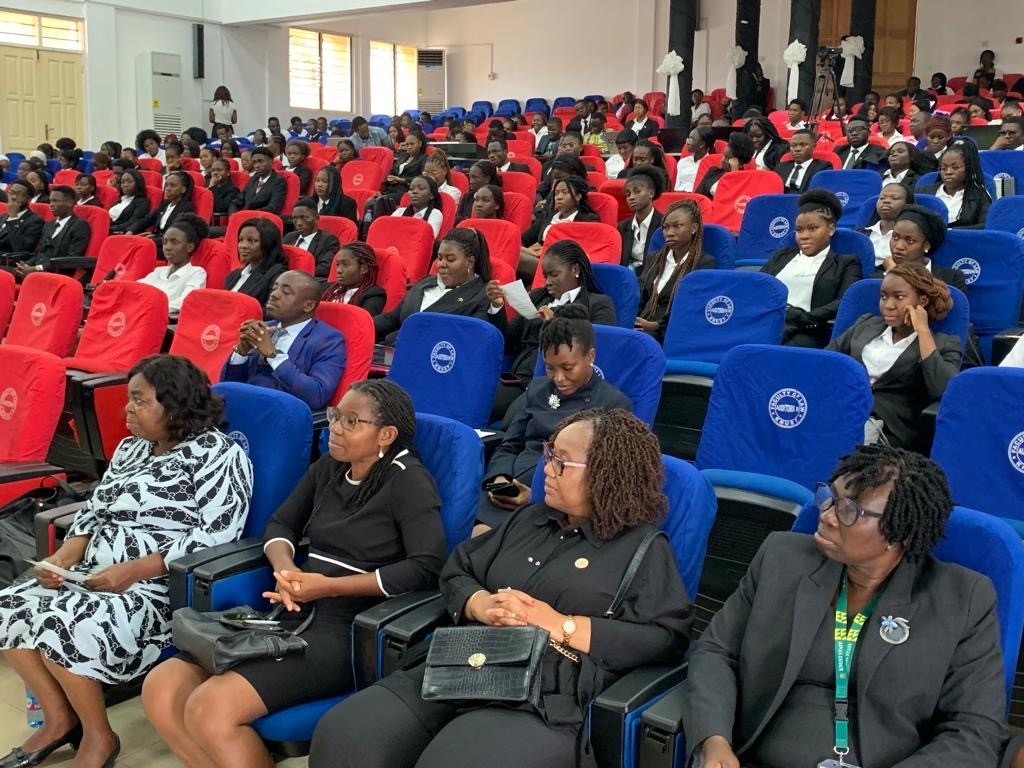By Florence Afriyie Mensah
Kumasi, July 27, GNA – The Government has commended the Kwame Nkrumah University of Science and Technology (KNUST) Faculty of Law for its pivotal role in promoting legal education in Ghana.
Ms Diana Asonaba Dapaah, a Deputy Attorney-General and Minister of Justice, said the Faculty, via its comprehensive academic programmes and courses, had contributed to producing high-calibre legal brains for the benefit of society.
She, therefore, urged it to consistently deliver quality legal education to its students by maintaining proper student-teacher ratios, offering the best and most current legal materials.
Ms Asonaba Dapaah said this at the launch of the 20th Anniversary of the Faculty in Kumasi, on the theme: “Prospects and Challenges of Quality, Accessible and Affordable Legal Education in the 21st Century”.
From its establishment in August 2003, the KNUST Law Faculty has trained many lawyers and human resource personnel, many of whom occupy positions of great responsibility in Ghana and the world at large.
For instance, out of the 21 new justices of the High Court, sworn into office in February 2023 by the President, four of them were alumni of the Faculty.
They are Justices Alexander Oworae, Priscilla Dapaah Mireku, Ellen Lordina Serwaa Mireku, and Adelaide Abui Keddey.
It has also won many international and national awards, including the recent Christof Heyns African Human Rights Moot Court Competition, which is the most important gathering of students, scholars, and judges to discuss human rights issues in Africa.

Ms Asonaba Dapaah said the clamour for accessibility to legal education must not cloud the equally imperative need to ensure quality and robust legal education.
“Quality education is the fulcrum and bedrock of the legal fraternity… As we launch this anniversary celebration, let us also remember the power and responsibility that come with legal education,” she advised.
On the relevance of law to society, she explained that it had the potential to transform lives, protect rights and shape the future of the people and implored legal students and practising lawyers to uphold the ethics of the profession.
“As legal professionals, it is incumbent upon us to uphold the highest ethical standards, defend the rule of law and advocate justice and equality,” she noted.
Professor Mrs Rita Akosua Dickson, the Vice-Chancellor of KNUST, described the Law Faculty’s milestone as a success, citing the numerous international and national awards it had achieved and the quality of its tuition.
The Faculty’s products were to fulfil the manpower needs of the country and contribute to national development, she said.
Its teaching, learning strategies and course delivery include seminars, tutorials, workshops, and moots.
GNA